AP – Europe is facing growing climate risks and is unprepared for them, the European Environment Agency (EEA) said in its first-ever risk assessment for the bloc on Monday.
The agency said Europe is prone to more frequent and more punishing weather extremes – including increasing wildfires, drought, more unusual rainfall patterns and flooding – and it needs to immediately address them in order to protect its energy, food security, water and health.
These climate risks “are growing faster than our societal preparedness”, the EEA’s executive director Leena Ylä-Mononen said in a statement.
The report identified 36 major climate risks for the continent, such as threats to ecosystems, economies, health and food systems and found that more than half demand greater action now. It classified eight as needing urgent attention – like conserving ecosystems, protecting people against heat, protecting people and infrastructure from floods and wildfires and securing relief funds for disasters. The report said Europe is the world’s fastest-warming continent and has been heating up twice as fast as other regions since the 1980s.
The heat has been linked to more intense rains and floods, and the report predicts rainfall decline and more severe droughts in southern Europe.
Without urgent and decisive action, it warned, many of the climate risks it identified could become catastrophic. To reduce climate risks and improve adaptation to warming, it recommended that the European Union (EU) and its member states collaborate with regional and local bodies.
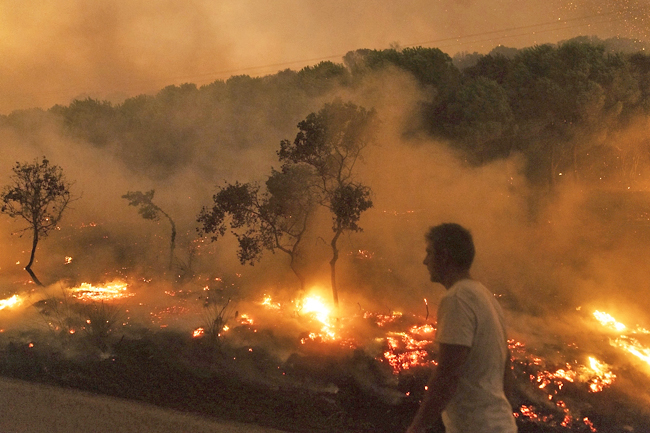
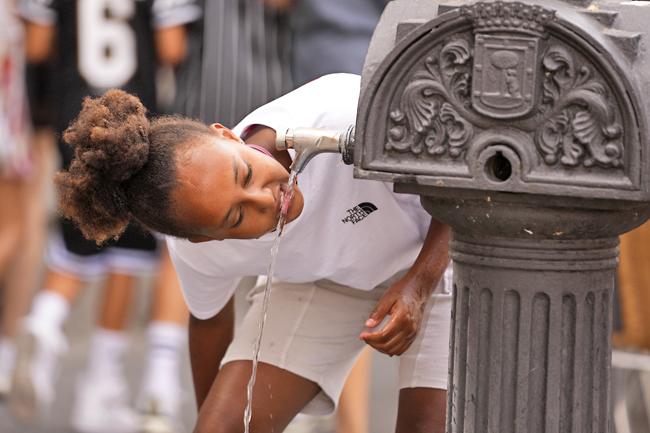
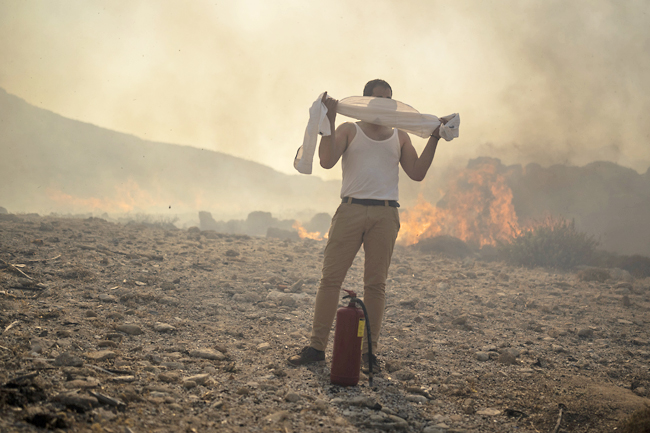
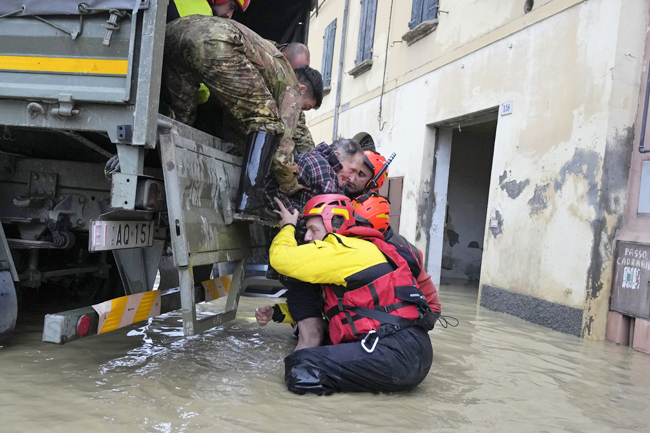
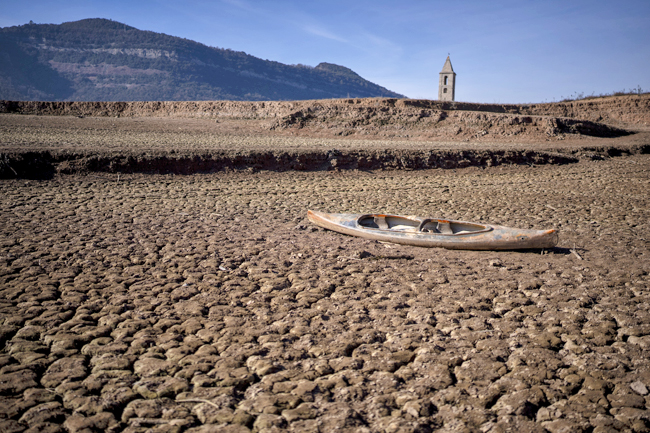
The report is “a huge wake-up call” for the continent and could have implications for climate policy at both the European and national levels, said Brussels director for climate think tank E3G Manon Dufour.
At the European level, Dufour said the report could “open the eyes” of European leaders who are currently most focused on security issues, as climate can affect economic and energy security.
On a national level, Dufour said finance ministers in particular should be spurred by the report “to make economic and social resilience the key priority.” She pointed to the report’s finding that economic losses from heat waves and floods could reach EUR1 trillion a year by the end of the century.
“It’s clearly in our best interest to adapt to changing risks we can no longer avoid, including preparedness for bigger extremes and surprises, and to avoid the risks from getting further out of hand by reducing greenhouse gases,” said director-general at the Royal Netherlands Meteorological Institute Maarten van Aalst.
Head of climate at Climate Action Network Europe Sven Harmeling, said Europe “can do more, even by 2030,” to slash emissions from the burning of coal, oil and gas, and can also step up its investments in adapting to climate change, particularly by preserving ecosystems like wetlands and forests that can both absorb carbon and act as natural extreme weather barriers.
He urged that any efforts to reduce the impact of warming “must deliver this in a way that provides social and economic benefits for all.”
Greenpeace EU climate campaigner Silvia Pastorelli agreed, adding that the bloc should focus any resilience programmes, like retrofitting homes to help with heating in winter and cooling in summer, on the most vulnerable communities. “Fairness in the climate response is essential,” Pastorelli said.
The report said the EU and its member states have made “considerable progress” in understanding their climate risks and preparing for them. – Carlos Mureithi & Dana Beltaji







